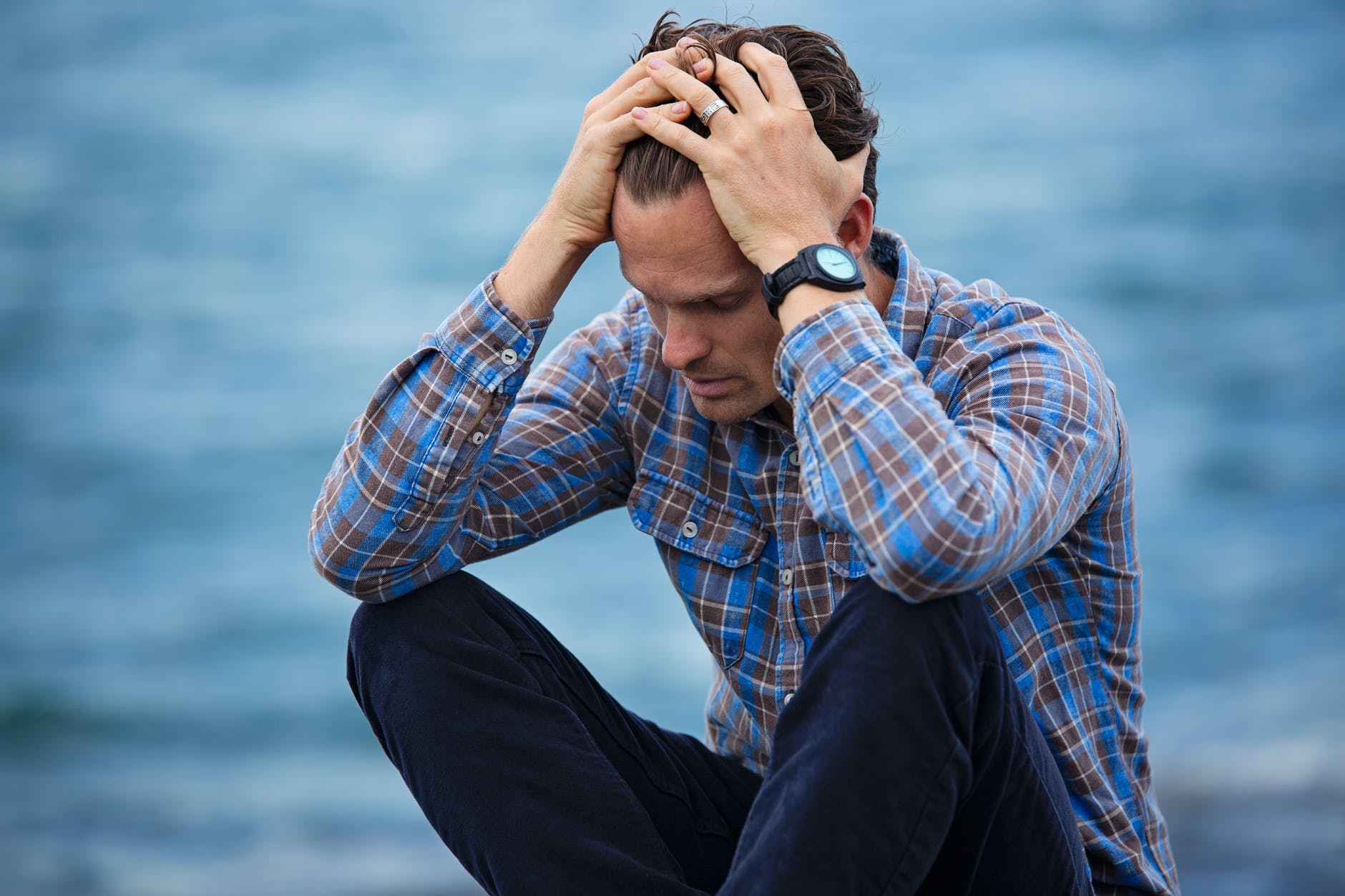Alcohol and anxiety are strange bedfellows. In many cases, it’s the anxiety that comes first, and alcoholism follows when the person attempts to self-medicate with alcohol.
But the problem with self-medicating is that you may be doing more harm than good, especially if you’re self-medicating with alcohol.
Because whether or not you had anxiety before alcohol, you may end up feeling anxious after a night of heavy drinking.
The problem is that alcohol does temporarily seem to quell anxiety because it is a depressant and a sedative. But when alcoholism takes hold, anxiety is a common after-effect.
But the good news is that there are many more effective ways to deal with anxiety than drinking. Whether you’ve self-medicated from a lifetime or anxiety or are just looking for a way to unwind without alcohol, try these tips to treat anxiety when you’re sober.
Talk to someone you trust
When we keep problems bottled up inside, they have a tendency to amplify. That’s why the simple act of talking to someone about your thoughts and feelings can remove some of their power.
If you don’t have someone you trust, or if you feel like your anxiety has gotten out of control, seek the help of a professional counselor. If you’ve had problems with alcoholism, you may reach out to your recovery counselor or a recovery group.
The important part is to start talking about what’s going on to people who care and will listen. When you suppress anxious thoughts and feelings, they have a tendency to fester and get worse. Be sure to consider The Hader Clinic as well.
Meditate
There was a time when meditation seemed like a new age recommendation. But there have been so many studies on meditation to date that it has become quite mainstream. A mounting body of evidence suggests that meditation is an effective and natural way to reduce the symptoms of anxiety. And the best part is that you don’t have to worry about side effects.
With meditation, you can start slowly. Sit on the floor, set your gaze on something simple, and focus on your breathing. There are also many meditation apps you can use to help guide you through a meditation.
Practice yoga
Yoga is a type of exercise that combines mindfulness with stretching and other soothing techniques. And if you’re detoxing from drugs and alcohol, you can even find a yoga program that’s aligned with the 12-step recovery process.
Find healthy distractions
If you’re feeling general anxiety, it may help to occupy yourself with something productive. This won’t solve your anxiety, but it can keep your mind preoccupied, so you don’t dwell on the things that are making you anxious. Because when you’re suffering from anxiety and struggling with alcohol recovery, free time is not a good thing. Keep yourself busy with a fun and healthy hobby. It can be something like playing an instrument, dancing, or archery. Just pick something that can be a nice distraction that doesn’t remind you of alcohol.
Ground yourself
There’s a grounding technique that many people with anxiety find helpful. It involves five steps to help ease you back into a more relaxed state.
Here’s how it works:
- Acknowledge five things in your surroundings. Maybe it’s a book, a chair, a curtain, a pillow, and a rug. Whatever those things are, actively acknowledge them.
- Do the same with four things you can physically touch.
- Acknowledge three things you can hear (thoughts are not included).
- Acknowledge two things you can smell. Some examples might be perfume, food, or a flower.
- Acknowledge one thing you can taste.
It may seem like a silly exercise, but when you give your mind a simple task, it serves as a distraction from the thoughts that were causing you anxiety.
There’s a strong connection between anxiety and alcohol addiction, but that’s all the more reason to ensure you find healthy outlets for anxiety when you’re in recovery. Anxiety can be a major trigger that leads to relapse, and that’s only going to set you further back in your anti-anxiety, alcohol-free journey.
If you’re struggling to deal with anxiety in recovery, be sure to talk to your counselor for additional tips on how to treat it. It’s best to address this before it turns into a bigger problem.

